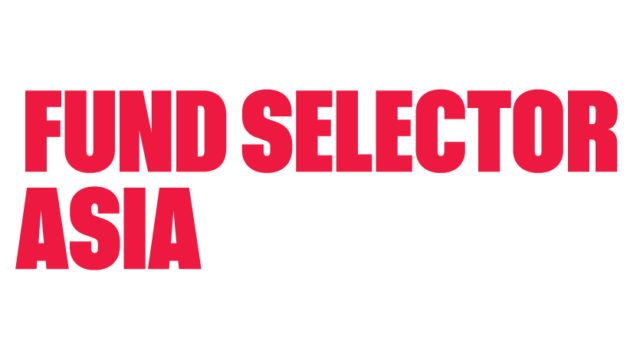Current market volatility is due to uncertainty around the start date, Rieder said. He disagrees with conventional opinion that all emerging markets will be under pressure once the US Fed moves to hike rates later this year.
Rieder believes a 25 basis point rate rise will come in September and further hikes will be cautious and slow.
“The markets tend to overreact. The Fed moves, people say they have to get out of emerging markets. That will present a pretty good opportunity because they are not the same emerging markets they used to be.
“Back in the 1990s, those countries were very heavily levered and didn’t have the reserve base they have today.
“Emerging markets are an incredibly disparate set of countries and some are very attractive in a balanced portfolio. We don’t have a significant overweight to EM, but we have exposure we’re comfortable with. We’re hoping that the market over-reacts in the coming months so we can add to it.”
The best and worst priced
Yields in India, Mexico, Brazil and Indonesia are much cheaper to obtain than in the developed world and leverage is lower today than it was historically, he said.
In EM, BlackRock has been buying local currency bonds in several markets. Indian bonds, which have an 8% yield in an economy where inflation is moderating is Rieder’s favourite.
Mexico, which gives a 6% yield, is a better proposition than developed market debt such as Portugal, which gives 2%, he said.
Russia he looks at from a tactical perspective but would rather buy Brazil, which delivers 13% yield. “Brazil has economic duress but the leverage base is low and yield extremely high. In Russia there’s a lack of confidence in the government, which makes the proposition more difficult.”
China he likes from a rates perspective.
“Cash flow is strong, leverage at the sovereign level is extremely low and liquidity reserves are tremendously high. These three things are what matter to a debt investor.
“China has an aspiration for long-term growth but the government is also providing stimulus. It’s a thoughtful approach.”
Indonesia, he said, is challenged by its current accounts, but the government has reduced leverage.
“Balance and diversification is the key when investing in emerging markets. That’s across countries, sectors and corporates.”
What fixed income areas are most overpriced today?
“Risk-free rates in the developed world are expensive. German Bunds and JGBs [Japanese government bonds] are expensive and we’ve reduced our US interest rate exposure.”
Then again, there’s nothing cheap in the fixed income world today, he said. “We try to find a lot of relative value over and over – make a little bit of money a lot of times.”

















